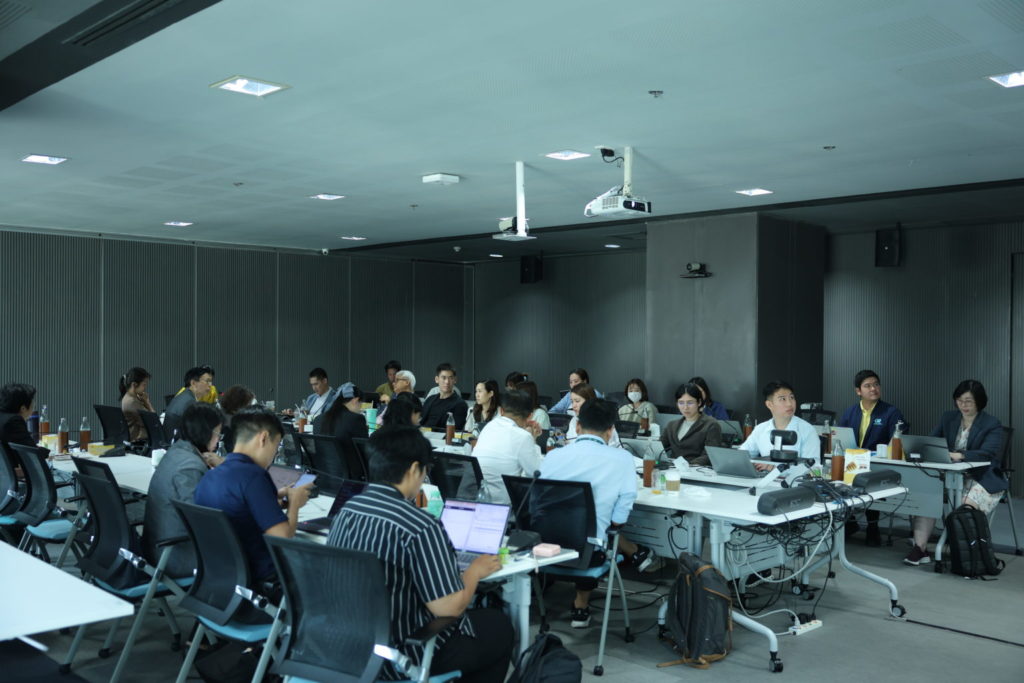On 28 April 2025, NXPO convened a meeting to explore gaps and opportunities in developing Thailand’s medical and personalized food industry. The meeting was opened by NXPO Vice President Dr. Siriporn Pittayasophon and brought together researchers from universities, research institutes, government agencies, and private sector representatives.
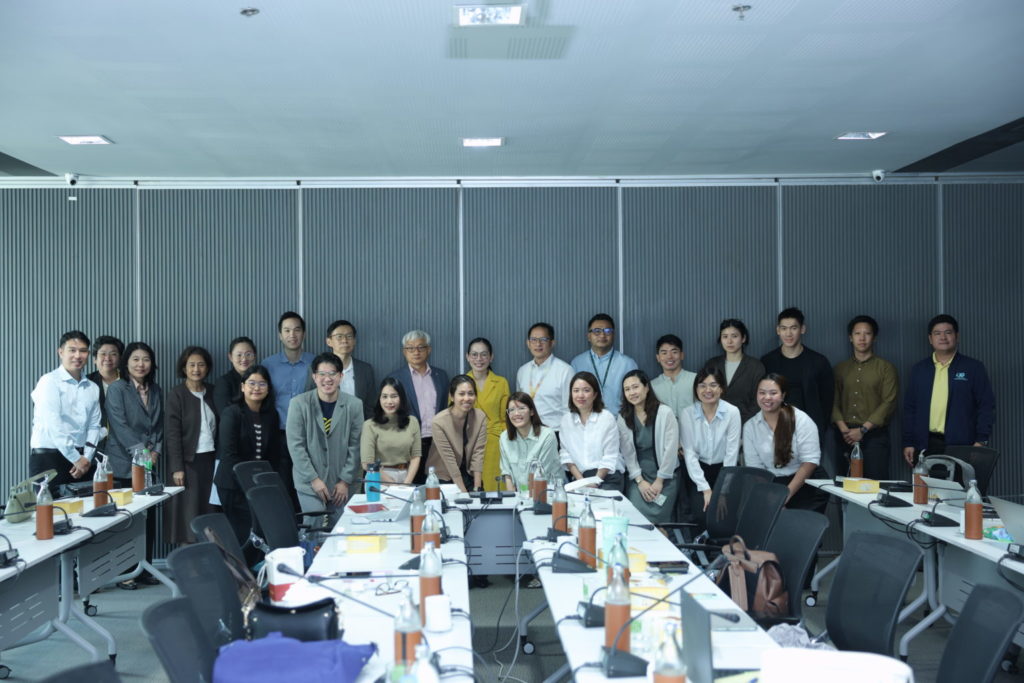
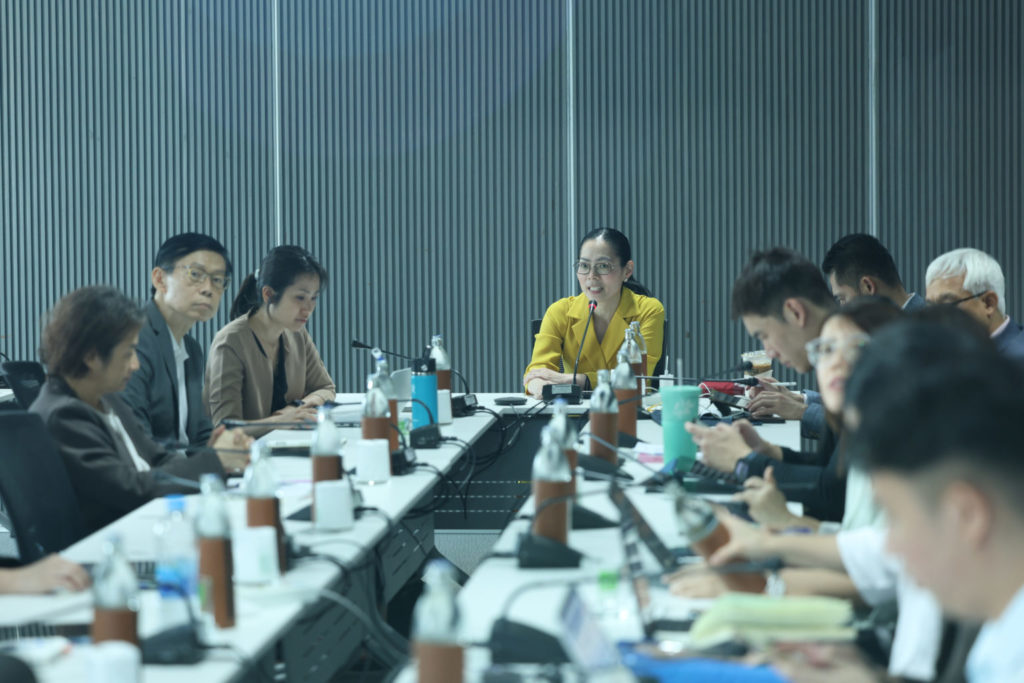
In her opening remarks, Dr. Siriporn classified Thailand’s future food sector into four categories: 1) health foods, beverages, and functional ingredients, 2) medical and personalized food, 3) organic and clean food, and 4) alternative proteins. Policy recommendations for categories 1 and 4 have been drafted and are in the process of submission to the National Higher Education, Science, Research, and Innovation Policy Council. The goal is to increase the market value of Thailand’s future food industry from 330 billion to 500 billion THB by 2027.
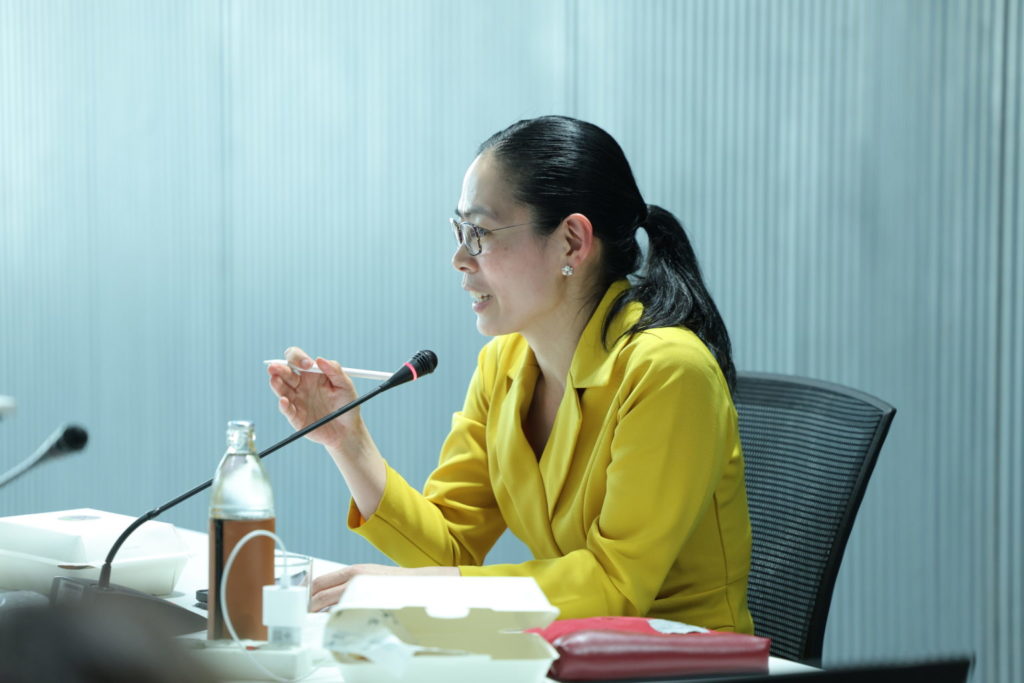
“This meeting focuses specifically on medical and personalized foods — a segment currently valued at approximately 9 to 10 billion THB domestically, though its true potential is far greater. Evidence-based data is vital for setting industry development goals. Today’s session offers an important platform to exchange insights, identify market gaps, and lay the groundwork for future collaboration,” Dr. Siriporn noted.
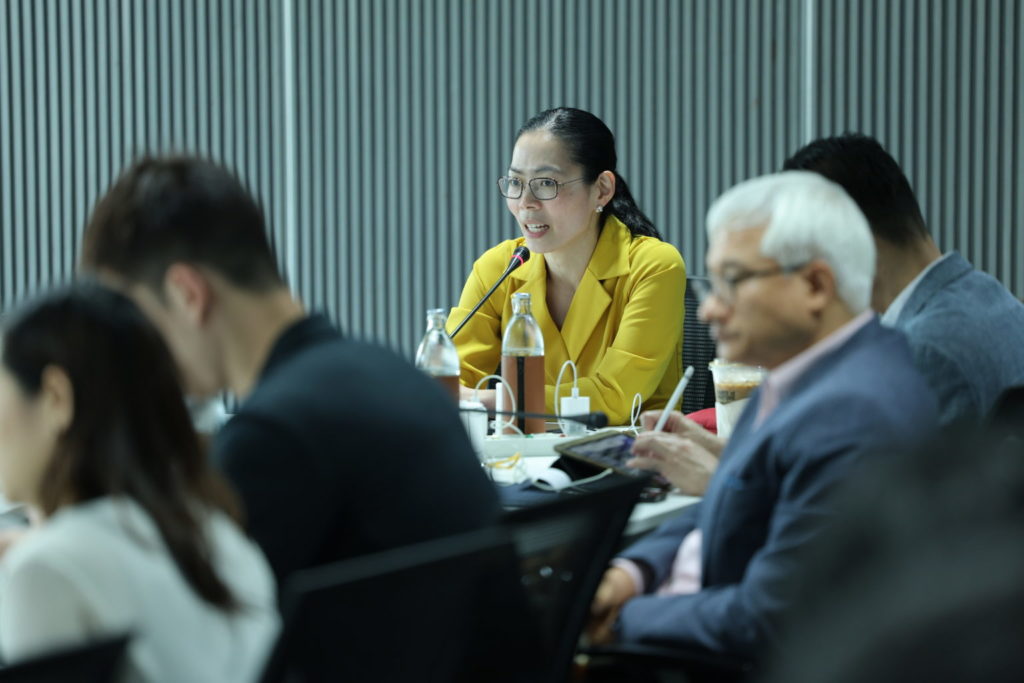
Ms. Sirinya Lim, Senior Director of the Innovation Economic Policy Division at NXPO, outlined the policy framework for advancing Thailand’s future food industry. Since 2024, NXPO has been formulating this framework by defining terminology, categorizing food types for policy and support measures, and setting up data monitoring mechanisms such as export tracking by HS code. The framework highlights three defining characteristics of future food: promoting health and wellness, integrating technology and innovation, and supporting environmental sustainability. Positioned as a new S-curve for Thailand’s agri-food industry, future food currently accounts for 10% of the market, with a target to expand to 25%. The medical and personalized food category alone has achieved export values of 6.3 billion THB, growing at 6% annually, alongside a domestic market value of roughly 9.5 billion THB.
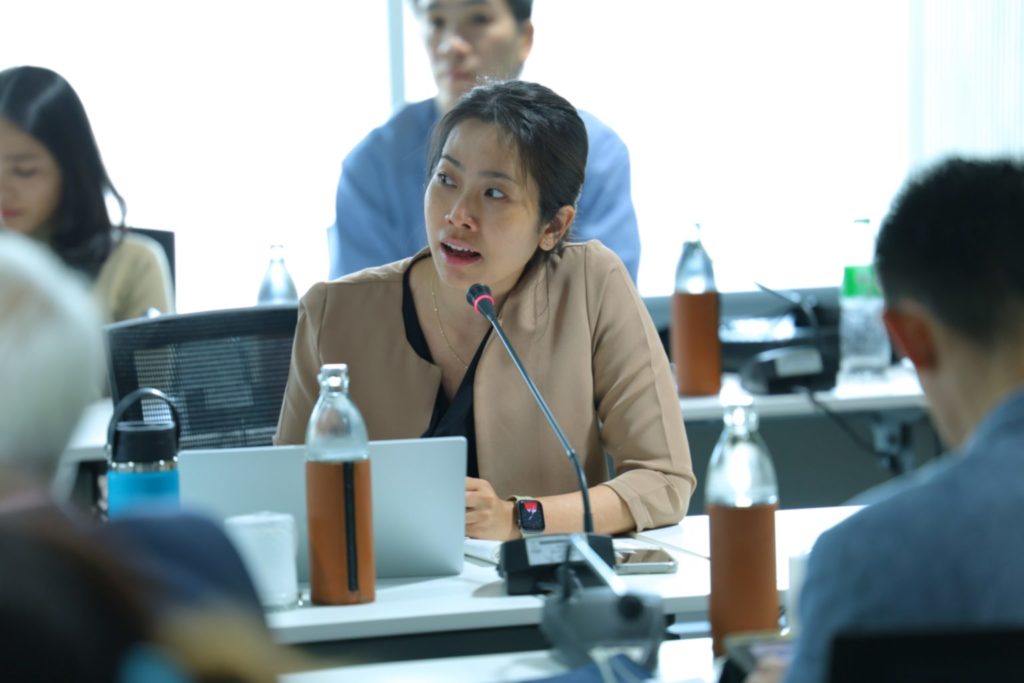
To raise the total market value of Thailand’s future food industry to 500 billion THB, three key strategies were proposed: 1) Industry Advancement — Attract both domestic and international investment in extracts and protein production, increasing the value of local raw materials and connecting them with end markets, 2) Research and Development Expansion — Establish specialized R&D consortiums for targeted categories of extracts and proteins, covering the full production supply chain and providing funding support from upstream to downstream operations, and 3) Market Development — Collaborate with the Food and Drug Administration (FDA) to create mechanisms for expanding the number of positive lists for health claims, upgrade laboratory testing standards and provide funding for labs to expand their testing capabilities to cover a broader range of substances.
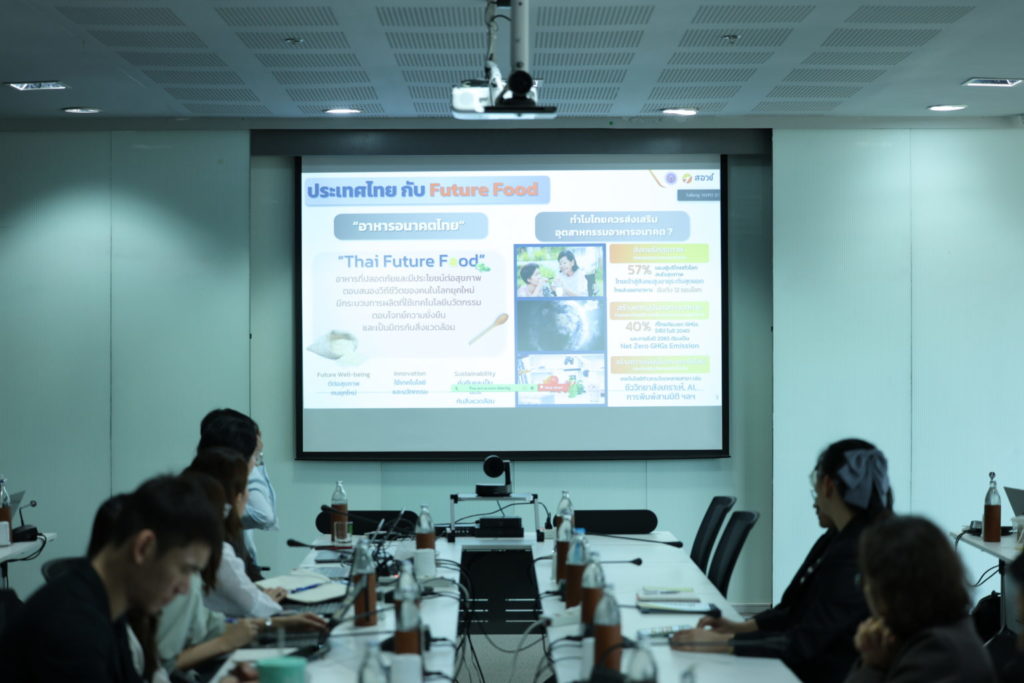
Medical and personalized foods in Thailand are regulated under the Ministry of Public Health Notification No. 238 B.E. 2544 (2001) on Food for Special Purposes. They are classified into:
- Food for patients with specific diseases or abnormal physical conditions, such as individuals with diabetes, kidney disease, liver disease, cancer, or malnutrition. These products must be used under medical supervision and adhere to defined nutritional standards suitable for each condition.
- Foods for individuals with specific consumption purposes, designed or modified to meet the needs of particular groups, such as the elderly, pregnant women, or individuals seeking weight management.
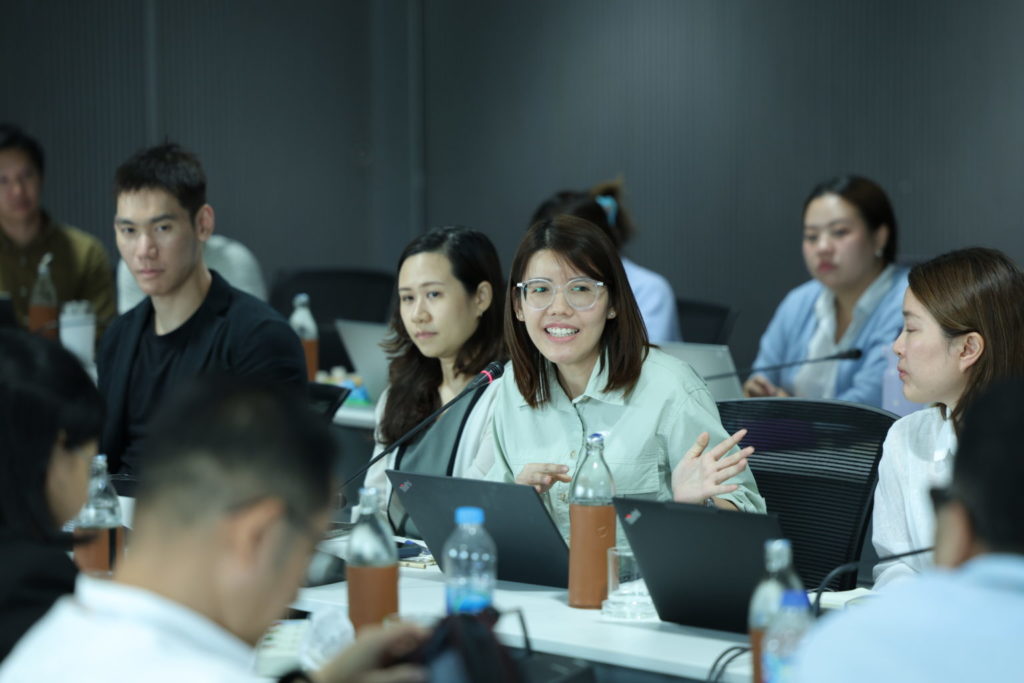
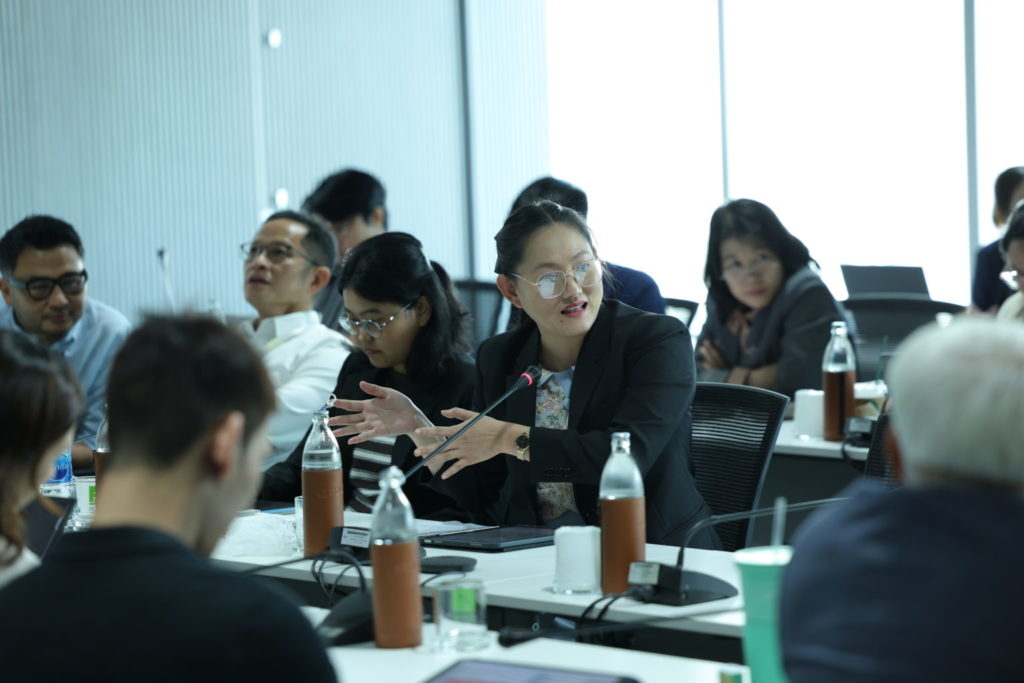
During the meeting, participants engaged in discussions to identify gaps, challenges, and recommendations for advancing the medical and personalized food industry in Thailand. Three priority areas emerged: 1) Demonstrating how research and development can help reduce the cost of raw materials, 2) Enhancing the capacity of testing laboratories to meet internationally recognized standards, such as ISO 17025, and 3) Developing clear and practical guidelines to streamline the registration process for medical and personalized food products.
